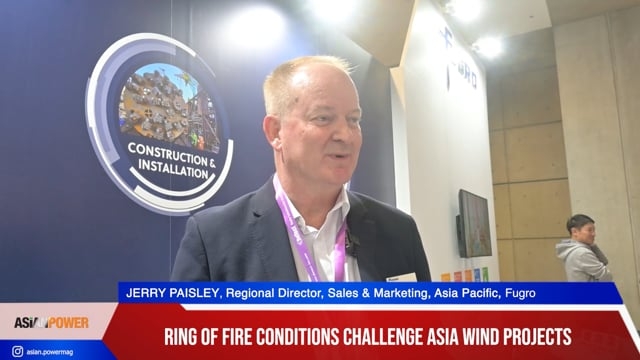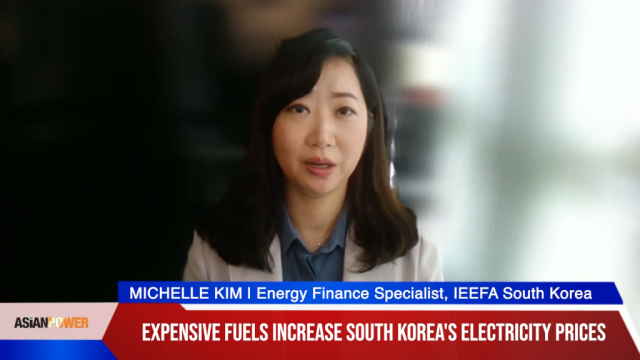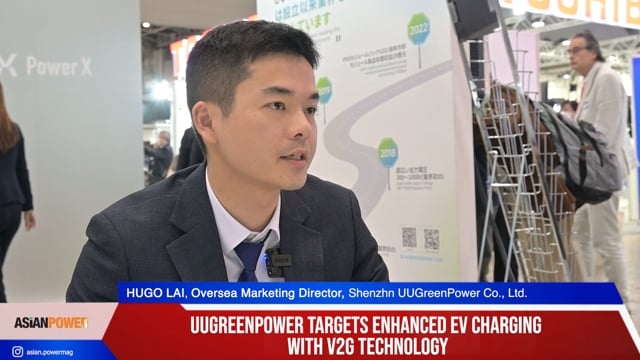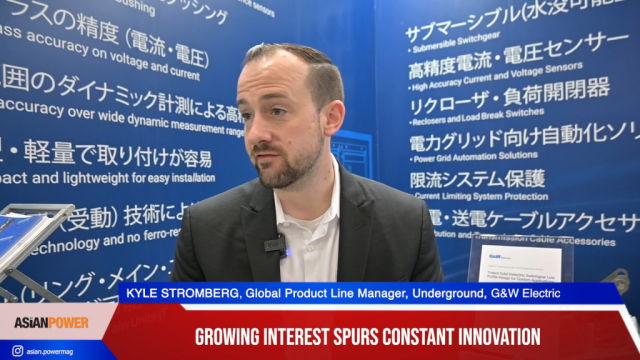Korean fusion reactor achieves 70-second plasma record
A fully non-inductive operation mode was used to make this happen.
World Nuclear News reported that the Korean Superconducting Tokamak Advanced Research (KSTAR) tokamak-type nuclear fusion reactor has achieved a world record of 70 seconds in high-performance plasma operation, South Korea's National Fusion Research Institute (NFRI) has announced.
The institute, based at Daejeon, 160 km south of Seoul, said a fully non-inductive operation mode - called a "high poloidal beta scenario" - has been used to achieve this long and steady state of operation using high-power neutral beam.
It said various techniques, including a rotating 3D field, have been applied to alleviate the accumulated heat fluxes on the plasma-facing components.
Here's the full article from World Nuclear News.























 Advertise
Advertise







